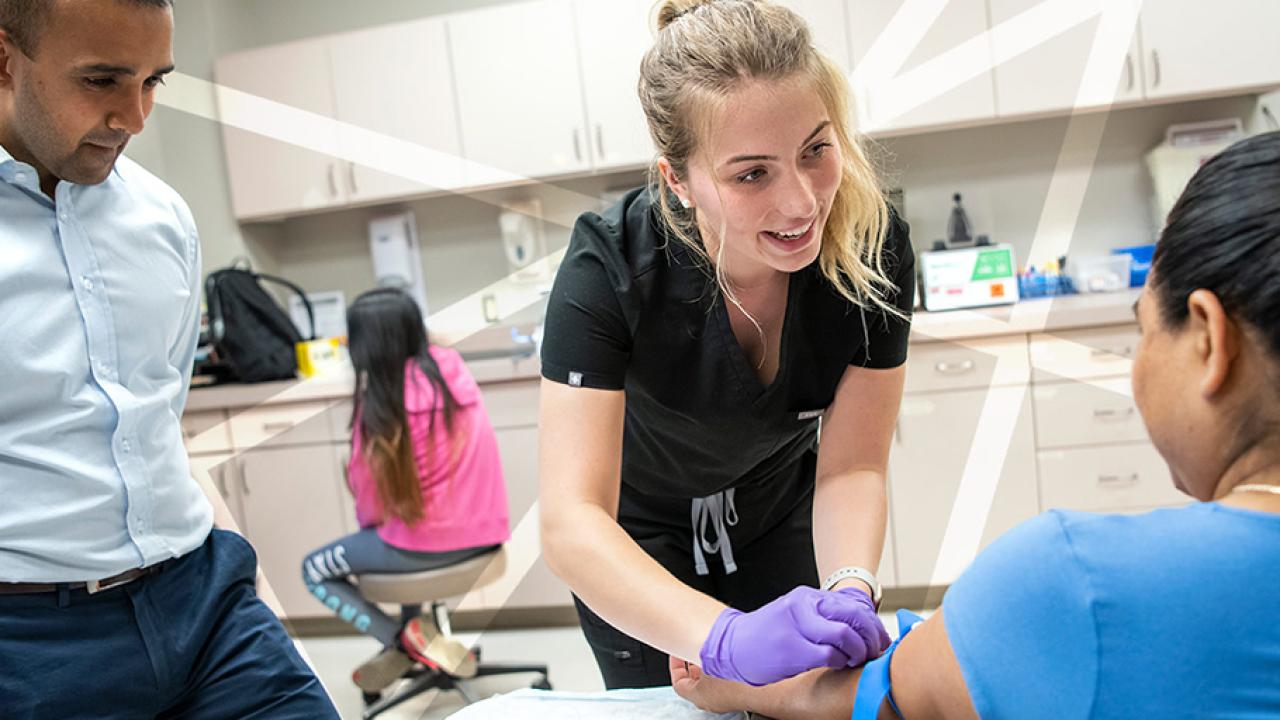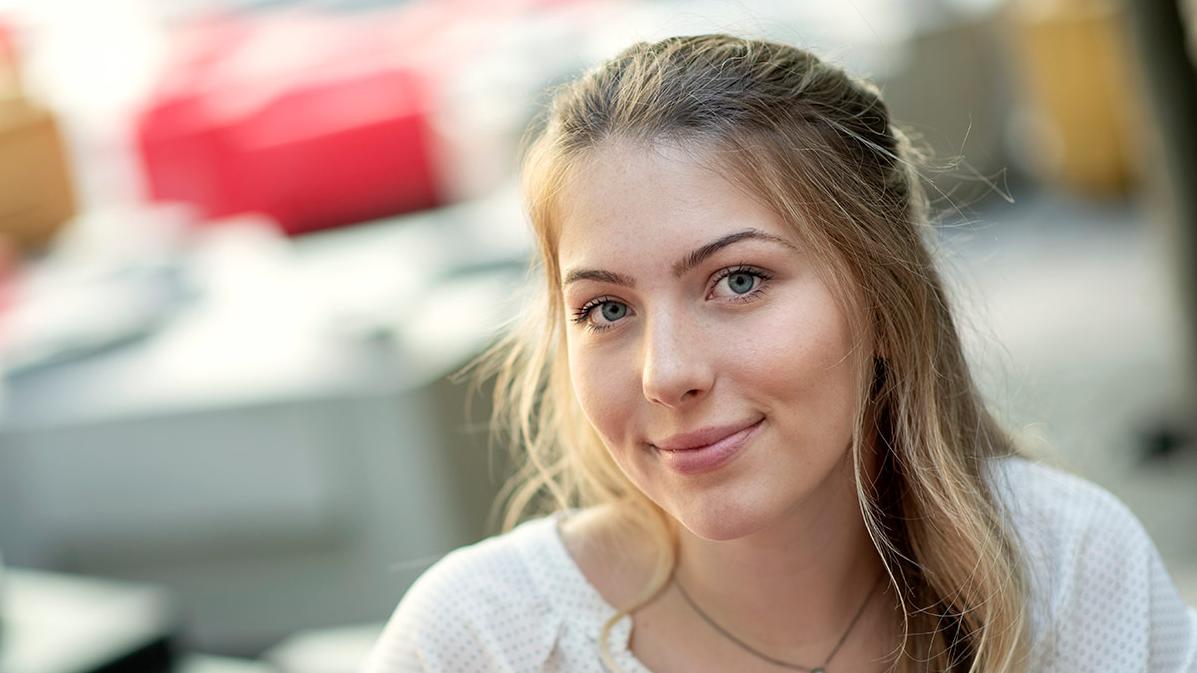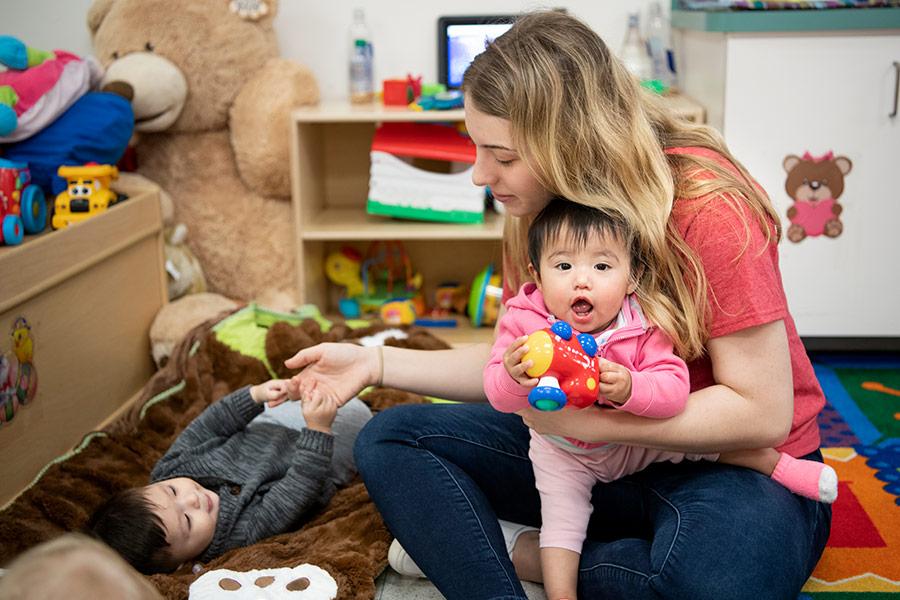Zimmer — a pre-med biology and Spanish double major at Ohio State — is traveling to Consultorio, Esperanza, a government medical clinic in the hills of Valparaiso that treats patients from lower income families.
During the train commute, she isn’t staring into her phone. Zimmer is studying flashcards she made to hone her fluency in Spanish medical terminology.
It’s a critical exercise because for the next eight hours, during her volunteer shift at the clinic, Zimmer will shadow doctors and take vitals for patients, none of whom speak English. It’s part of a four-month study abroad trip through Ohio State’s Spanish department.
For a pre-med student who aspires to provide prenatal and neonatal care to Spanish-speaking women and their newborns, it’s a wonderful opportunity.
For a person a long way from her central Ohio backyard, the immersion trip is difficult at first.
“No friends or family, in a completely different environment with a foreign language. It was overwhelming. I had to adapt,” said Zimmer, a first-generation college student set to graduate in May 2020 before attending medical school.
“But it turned out to be the best time of my life.”
The trip was critical to Zimmer’s Ohio State experience. Already adept in clinical settings with a phlebotomy certification under her wing, Zimmer grew significantly more comfortable assisting patients in the LatinX community.
“My confidence in my medical Spanish, my flow, I owe it all to that trip,” Zimmer said.
To pay for the trip, Zimmer earned the Emmert Sutton Scholarship. Between that, her Provost Scholarship, an annual $2,000 merit-based scholarship, and the jobs she worked to earn money, Zimmer didn’t have to take any undergraduate college loans.
“I wouldn’t have been able to study abroad if I had to pay for it,” she said. “Not having to take out student loans my undergraduate years was so important because I’m looking at eight more years of college. That’d be impossible, financially.”


